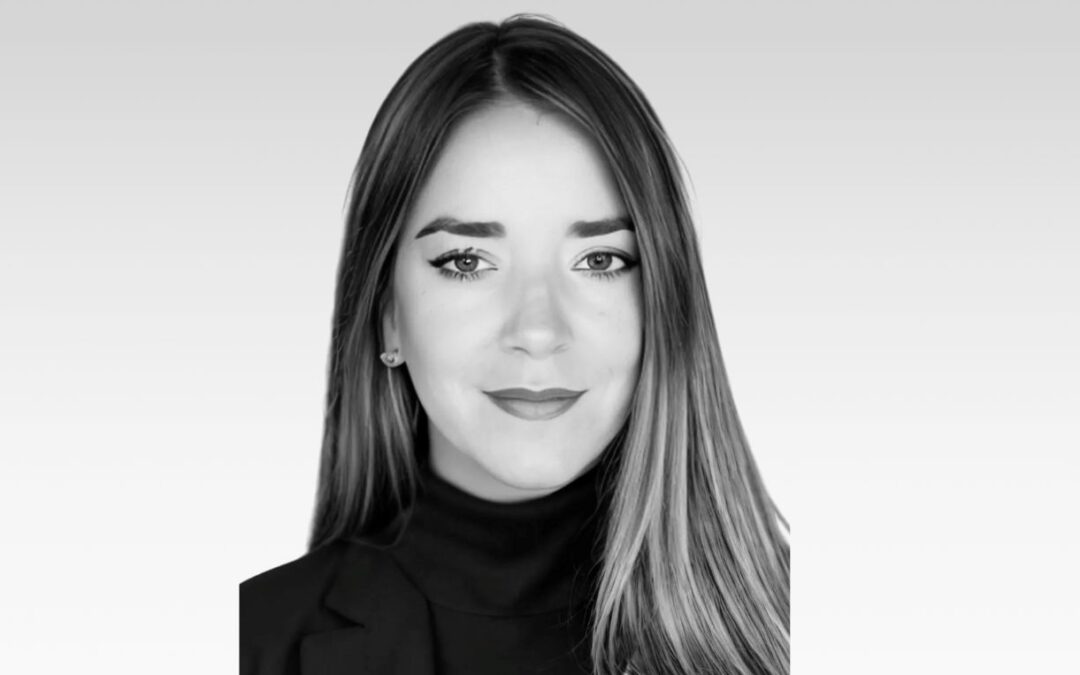MHNRN | Apple Podcasts | Spreaker | Episode #11
Raising a neurodivergent child is challenging, but for Latina mothers navigating unfamiliar systems, it can feel overwhelming.
In this episode, Lindsay Ruiz shares her journey of advocating for her son with ADHD and sensory processing disorder. From diagnosis to securing resources, her story offers hope and guidance for parents facing similar struggles.
[00:00] Dr. Mary: Welcome to the Dr. Mary Podcast. I’m your host, Dr. Mary—a pediatrician, wife, mother, and empowerment advocate. My guests come from all over the globe to discuss mental health, physical health, ADHD, autism, and more. Like I always tell my patients, I’ll give it to you straight but with a lot of love. Welcome to the show!
[00:30] Dr. Mary: Hey, listeners! It’s great to be back after a short break to spend time with family over the holidays. I’m excited to kick off this semester of the podcast with a new friend and colleague, Lindsay Ruiz. A mutual friend introduced us, and I’ve been eagerly anticipating this conversation. Lindsay, welcome!
[01:00] Lindsay Ruiz: Thank you so much, Dr. Mary. I’m thrilled and grateful to be here. I hope sharing my story can provide some insight and encouragement to your audience.
[01:30] Dr. Mary: Absolutely! That’s the heart of this podcast—sharing real stories that help others. Tell us a bit about yourself.
[02:00] Lindsay Ruiz: Sure! Let me start by addressing my accent—I was born and raised in Venezuela and spent half my life there before moving to the U.S. 22 years ago. I came here to change my future, build my family, and pursue my dreams.
Professionally, my journey started in advertising, but after moving to the U.S., I transitioned into healthcare operations. For the past 14 years, I’ve focused on leading large-scale transformational programs for major companies, implementing new technologies, and improving operational models. Along the way, I earned a master’s and doctorate in organizational development and change.
On the personal side, I’m also a single mom. My son, now a college freshman, was diagnosed with ADHD and sensory processing disorder at a young age. Navigating his education and advocating for him has been a central part of my motherhood journey.
A Latina Mother’s Journey: Advocating for a Child with ADHD
[05:30] Dr. Mary: That’s an incredible journey, Lindsay. You’ve built a career, raised your son, and navigated major life changes. Let’s talk about your experience as a mother and advocate for a child with ADHD and sensory processing disorder.
[06:30] Lindsay Ruiz: Absolutely. My son was diagnosed when he was three years old, but I started noticing differences when he was just a toddler. He was very affectionate but struggled with impulsivity. His daycare teachers gave me feedback about his behavior, and I initially brushed it off. Eventually, I sought an evaluation from a psychologist specializing in ADHD and autism.
When I received the diagnosis, I was overwhelmed. I felt guilty, wondering if I had done something wrong. Thankfully, a family member who is an occupational therapist guided me through the first steps of getting him the support he needed.
[10:00] Dr. Mary: That must have been a lot to process. How did your family, particularly your then-husband, handle the diagnosis?
Overcoming Barriers to Diagnosis and Support
[10:30] Lindsay Ruiz: My ex-husband was supportive to an extent, but he struggled to grasp the complexity of our son’s needs. I took the lead in researching and securing resources. It was overwhelming, especially as a Latina navigating an unfamiliar medical and education system in a new country.
[13:00] Dr. Mary: Yes, accessing resources can be particularly difficult for underrepresented families. Research shows that children from minority communities often face delays in diagnosis and treatment. How did you overcome these challenges?
[14:00] Lindsay Ruiz: Honestly, I relied on intuition and the kindness of people who pointed me in the right direction. I didn’t know the public school system’s process for special education services or how to advocate for my son, but I learned step by step. The resources were there, but I had to fight to access them.
Advice for Parents Raising Neurodivergent Children
[17:30] Dr. Mary: That’s such a powerful insight. Many parents in similar situations don’t know where to start. What advice would you give to parents raising neurodivergent children, especially those from immigrant or minority backgrounds?
[18:30] Lindsay Ruiz: First, trust your instincts. You know your child better than anyone. Second, educate yourself—connect with professionals, research, and seek out parent support groups. And finally, never be afraid to advocate. It’s exhausting, but your child needs you to be their strongest voice.
[20:30] Dr. Mary: Lindsay, thank you for sharing your story. Your resilience is inspiring, and I know many parents will benefit from your experience. Any final thoughts?
[21:00] Lindsay Ruiz: Just remember—there’s no one-size-fits-all approach. Each child is different, and so is each family’s journey. But with persistence and support, our kids can thrive.
[22:00] Dr. Mary: Thank you, Lindsay!
And to our listeners, if you found this episode helpful, please share it with someone who might need encouragement.
See you next time!
Connect with Us:
- Dr. Mary’s Social Media: Facebook, Instagram, & Linkedin
- Mental Health News Radio Network

HEY SIS!
As a devoted pediatrician, specializing in neurodevelopmental disorders, my focus is on guiding and supporting families who have received an autism or ADHD diagnosis.
I am a PCCI trained life and leadership coach.
– Dr Mary

Recent Comments